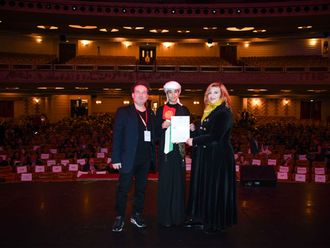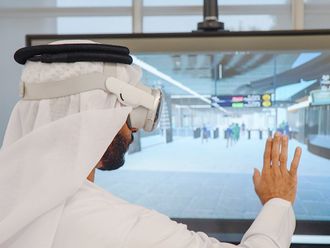Six companies of Civilian Armed Forces Geographical Units (Cafgus) will be deployed to augment the military's eight battalions scouring the 1,300-km island province of Basilan for the Abu Sayyaf, according to a military spokesman.
The elusive hostage-takers are now holding a total of 23 victims, a military spokesman said. "We have to protect the civilian communities so that they would not be attacked by the Abu Sayyaf while the military and the police are jointly scouring the hinterlands to look for the hostages of the Abu Sayyaf Group," said Armed Forces spokesman Brig. Gen. Edilberto Adan.
The first batch of militiamen who were recruited by the military have been training since June 21. They will soon be posted as village guards. "We are rushing the training of these Cafgus. Our Basilan commanders are speeding up the Cafgus training. We have to generate their weapons, which are on their way now," Adan said. Noting the military could not cover all of Basilan, where the Abu Sayyaf Group has been hiding their hostages since late May, Adan said: "From the beginning we have recommended that we beef up the Cafgu."
Since June, 5,000 troops have been deployed in the capital and large towns, leaving far flung villages weak and open to the hostage-takers, Adan admitted. Despite the absence of village guards, civilians have been assisting the military and the police. This resulted on July 14 in the rescue of 14 out of the 35 hostages who were taken by the Abu Sayyaf Group from Balobo village near Lamitan town, in Basilan last August 2. Unluckily, 10 of the hostages were beheaded earlier.
Nine others were freed and abandoned before and after the rescue operation. Two others, identified as Raymond Timpangco and Juan Taup, are still missing, sources told Gulf News.
The government said the group's August 2 attack in Balobo was in retaliation for the military crackdown in various villages in Basilan's Lamitan. But Adan admitted the military suffered a "tactical set-back". He said: "We are now reviewing our plans on a monthly basis."
Admitting that crushing the Abu Sayyaf would take longer, Adan said: "Destroying the Abu Sayyaf is the second priority of the military. We have to rescue first the hostages. That's our top priority now." "We are doing the best we can to neutralise the terrorists and retrieve their remaining hostages," said Armed Forces Chief of Staff Gen. Diomedio Villanueva.
Of the 23 hostages, 21 were part of the group's abductions in Palawan, southwestern Philippines on May 27, and in Basilan's Lamitan and Lantawan on June 2 and 11. The remaining hostages include the American couple, Martin and Gracia Burnham.
Al Jacinto adds: Security forces have been pursuing several Abu Sayyaf terrorists in the mountainous Sampinit complex in Basilan's heartland, in the hope of rescuing the hostages, said regional Army spokesman Major Alberto Gepilano. "The military will surely catch up with the terrorists no matter where they hide or run," said Gepilano.
But the military has not yet found the American couple, including the body of American tourist Guillermo Sobero, whose beheading was announced by the Abu Sayyaf on June 12. Only two top Abu Sayyaf leaders have been arrested, complained Human rights Commissioner Nasser Marohomsalic who criticised the military's alleged rights abuses.
Relatives claimed that soldiers tortured those arrested to make them admit their links with the Abu Sayyaf.
Armed civilians to be deployed
Six companies of Civilian Armed Forces Geographical Units (Cafgus) will be deployed to augment the military's eight battalions scouring the 1,300-km island province of Basilan for the Abu Sayyaf, according to a military spokesman.












